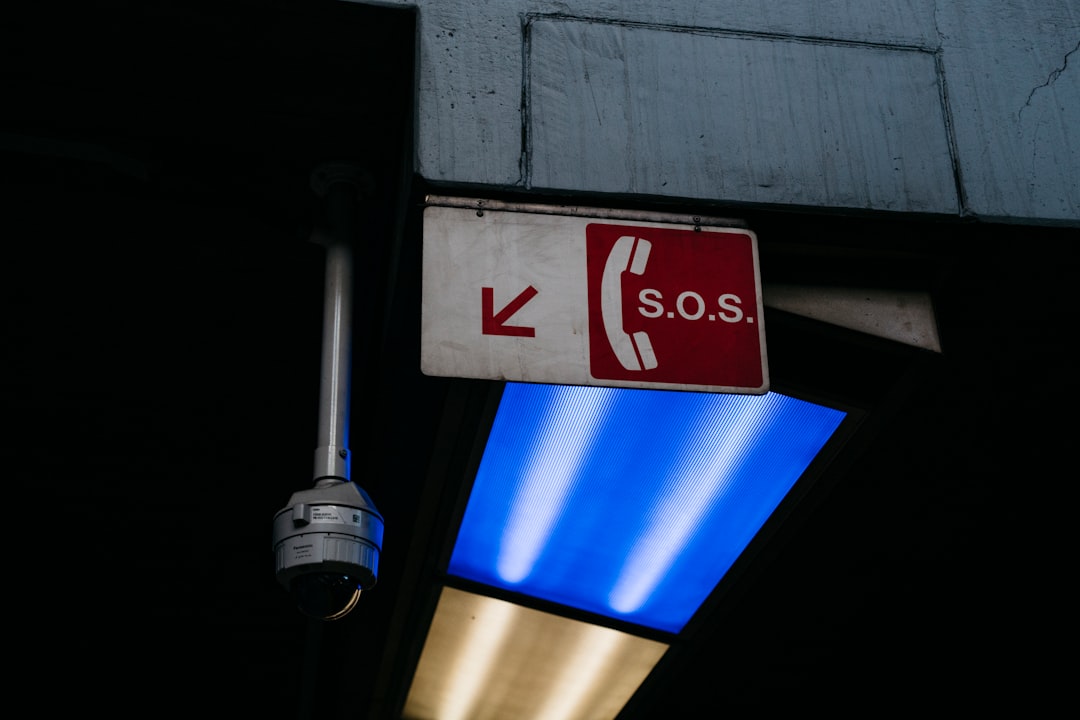Spyware You Should Know About and Other Things
America blacklisted the same company it wants to buy
It’s safe to say there is a lot going on in the world today. Although one story we’re most interested in has nothing to do with inflation, Boris Johnson, or the war in Ukraine. It is focused on the controversy surrounding the spyware company, NSO Group.
Tools can have good and bad utilities. A machete is useful for cleari…
Keep reading with a 7-day free trial
Subscribe to PolisPandit to keep reading this post and get 7 days of free access to the full post archives.


